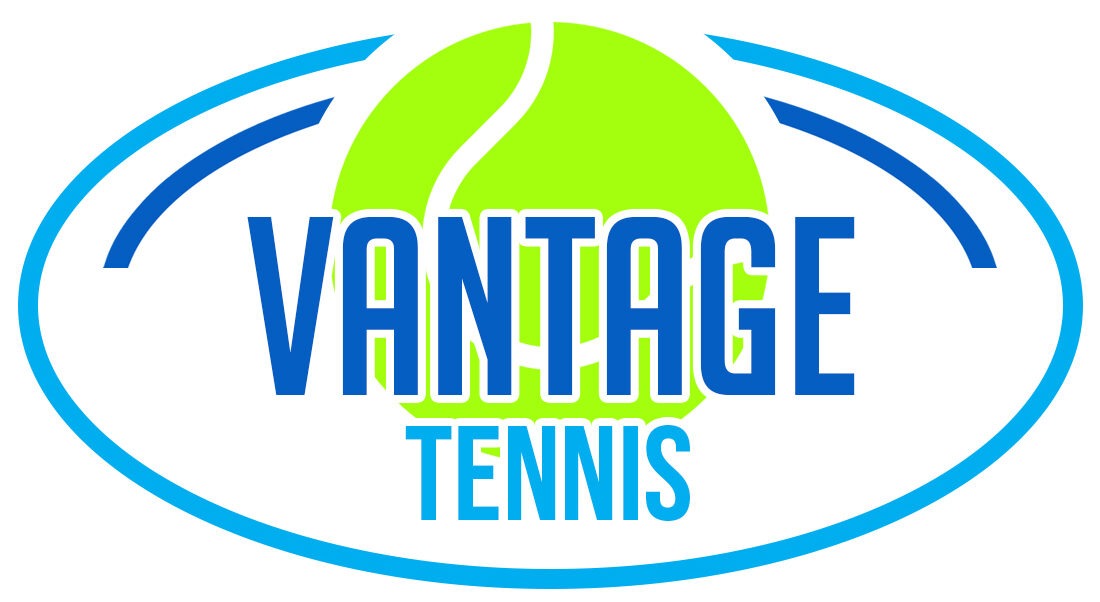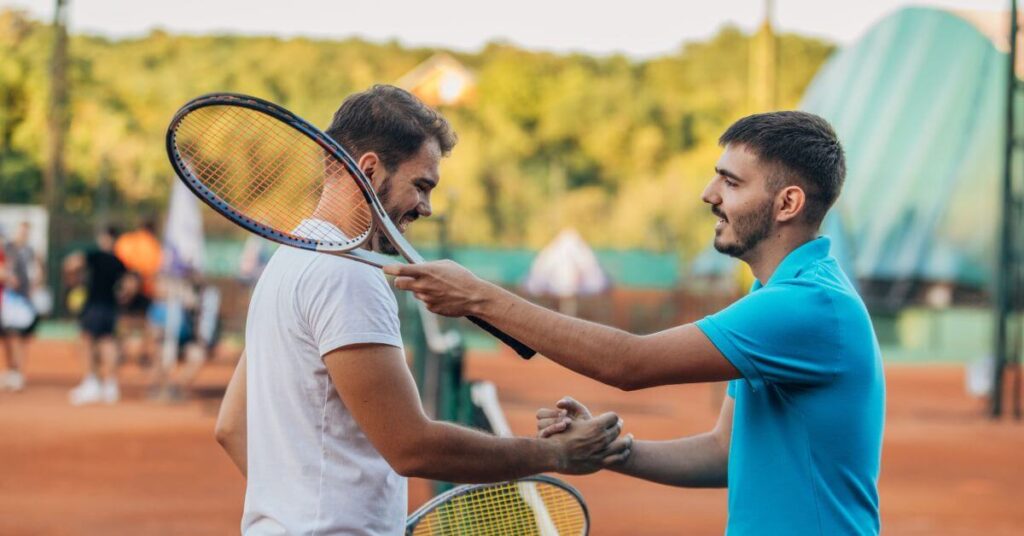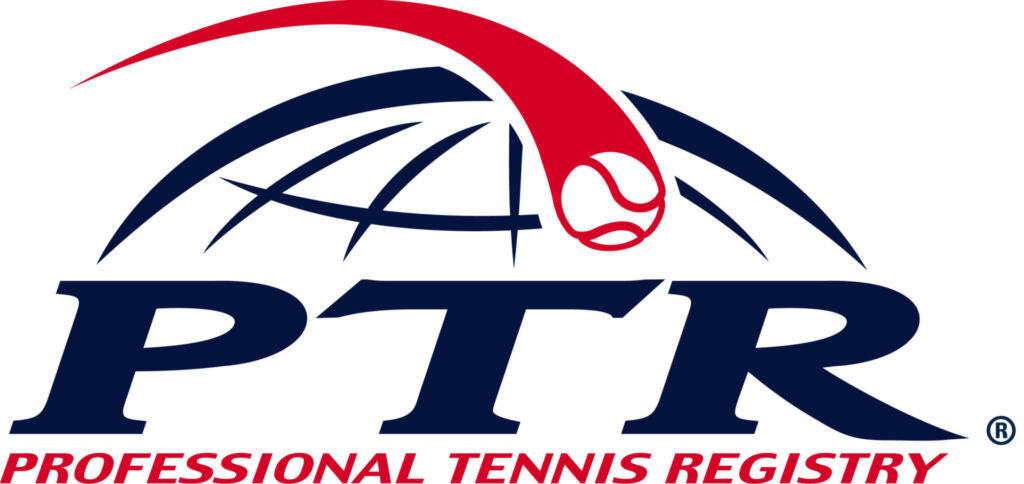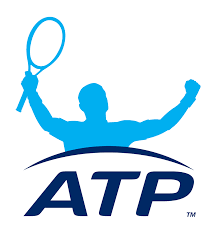- 1 –Teach them discipline and responsibility: From an early age, kids need to understand that in order to be a tennis player, they need to have discipline in everything they are trying to accomplish. Every shot they try to hit must be perfected, requiring mental effort to ensure every repetition improves. They must understand the importance of proper warm-ups, cool-downs, and footwork—not just sometimes, but every day. This repetition instills good habits that become second nature.Consequently, give them responsibility. They need to know that if they choose to play tennis, they should prepare their water and towel before practice, carry their bags, and wake up on their own. Allowing them to handle these tasks independently will build strength and prepare them for their future as athletes. Doing everything for them and constantly reminding them of their duties can have the opposite effect, making them resistant to taking action on their own. Instilling discipline and responsibility early on will translate onto the court.
- Emphasize Progressions for Success: To ensure young children experience success while learning tennis, instructors should focus on using progressions. This method involves gradually mastering basic strokes and then reinforcing these skills through a series of structured drills. By taking small, manageable steps, children can build confidence and competence. Progressions help ensure that each new skill is built on a solid foundation, making the learning process both effective and enjoyable for young learners. By combining discipline, responsibility, and structured progressions, young athletes can thrive in a supportive environment that encourages both personal growth and technical proficiency.
2 . Let coaches do their job and cooperate with them: The coach has a huge influence in the kids progress so parents must make sure that they fully trust the coach. The kid needs to listen to one voice continuously if you want him to improve. Too often, coaches are trying to work on a certain aspect of the kid’s game and the parents are telling them something else on the side. Even if its just, move your feet, finish your swing, breathe, turn… We all know that parents just want what is best for their kids and the just want to help. But when the kids are listening to the coach say one thing and the parent another it just makes them confused and it actually slows down the process. Parents need to understand that if they trust the coach they need to let them do their job and if they are going to say anything (off court) reinforce what they coach is saying. I have had many kids that have progressed really fast because I know the parents are encouraging them to listen to the coach and to try their hardest. Many times, parents think that they know their kid best so they know what they need to do. If you did not play tennis at a high level and don’t have the knowledge, even if you watched a lot of youtube videos, you need to take a step back, let the coach teach the kid and you can support and motivate. Otherwise, from my personal experience as a player and as a coach, it does not work. As coach, I can see how it hurts the kid and makes them frustrated and as a player, I can tell you it’s just irritating to have your parents repeating words over and over, especially when you are trying to focus on what your coach is telling you to do.
3- If you were not a professional athlete and you don’t comprehend the pressure the kids go through, don’t add extra pressure: I’ve had many situations where kids are struggling in competition. They just seem to keep loosing and it’s hurting their confidence and their belief that they should keep playing even. Too many times I have gone to tournaments with my students and found out how brutally rough and little understanding the parents are about the kids performance and more even the result. Before the match I have heard parents say things like, “this girl has lost to **** so you should be able to beat her easily”, during the match I’ve heard things like, “seriously? your playing like crap!!”, “start moving your feet now or im going to leave”, “I don’t know what your so nervous about, just play”. But the the worse part comes after the match is done, “I can’t believe you lost, you played horribly”, “It was embarrassing to watch you play”, “your just going to go back to school because you are not made for this”. Sound familiar? if you are not one of this parents, I am glad. But it happens way too often with parents who don’t understand the pressure the kids have to go through to just perform well and not to disappoint them. Sometimes they are more afraid to loose because their parents will think they suck than because of the actual match. I’ve had parents come to me and tell me, “I don’t understand why they are so nervous, it looks like they are not even trying”. Believe me when I say that nerves come in many forms and your kid is actually trying very hard. He or she is just so nervous that his brain is not sending blood to his body to move. In other words, and we see this many times when kids are nervous they just look frozen. So in order to help them, you have to use positive reinforcement with them, encourage them, help them to believe in themselves more, and understand that tennis is probably one of the hardest sports in the world and it is a process that your kid needs to go through until he can control his nerves. but be assured the he won’t control them ever! if you keep putting all this amount of pressure on his shoulders. If he looses, once he comes out of the court, you gotta talk to him patiently and tell him that it’s ok, that he will compete again next weekend and that if he keeps trying his hardest, he is going to keep getting chances to do it better and better, no doubt!
4. No matter how good you think your kid is, he has a long way to go. Too many times, parents think that the kid is really good and that he should not play with some other kids even if he might still benefit from it. It is good to give your kid confidence, but even if he’s talented, he is going to have to work very hard in order to achieve his (professional) goals. Being really good at 11 does not mean you will be in the top 100 professionally. Getting to the professional tour takes much more than just talent at an early age. It takes hard work, discipline, the ability to endure tough situations, the hunger to keep playing and to keep getting better, and even luck factors (avoiding injuries and other issues that can arise). So, if you are not teaching your kid all of these qualities and what it really takes, then he will get stuck at a certain point. Make sure you keep encouraging him to get better regardless of who he is playing against and make sure he knows that everything he does to move forward is just a small step in the long road to the professional tour.
5. Understand that you can’t make your kid want it, he has to breathe and live tennis: If you don’t see desire in your kid’s playing you cannot force it out him. It is just that simple. Kids do go through faces, and sometimes they may lose some motivation, but there are some others who never really want it; they say they do, but they are not willing to work hard or compete hard. If it doesn’t sting when your kid loses, then he is not really into it. One of the most important things for tennis players is to have a huge desire to win and to be the best. If you do not have this competitive hunger, then you are not going to win a lot of matches. When parents force kids to play and to try harder when they appear bored or lack motivation, they just accelerate the process of their quitting.
6. Never punish kids about results: Parents need to make sure that the kid knows that as long as he tries his hardest and gives his best, he is already acting like a champion. Praise plays a critical role in this process, serving as a cornerstone for building confidence and encouraging improvement. By generously praising the efforts and small victories, parents and coaches can create a positive and motivating environment for young beginners.
When making corrections, it is essential to preface them with something positive. This approach not only softens the delivery of constructive feedback but also reinforces the child’s strengths. For example, acknowledging a well-executed serve before suggesting adjustments fosters a sense of achievement and openness to learning.
There are always things the kid can do better in a match, especially mentally! These might include:
- Closing important points
- Playing at his level throughout the match
- Figuring out the opponent’s weakness
These skills will develop over time as long as he keeps learning and getting better in practice. By maintaining motivation through consistent praise, young players are more likely to remain engaged and enthusiastic about competing.
7. Let the kids solve their own problems on the court: Tennis is an extremely individual sport. Unfortunately, there is no coaching allowed, not even at an early age when the kids barely know how to keep score. Therefore, leave them alone. Let them solve the problem in court. By reminding them that every chance they come near the fence to play higher, hit to the backhand, and move them around, you are not speeding up the process. They need to develop a sense of being tennis smart on their own, where they know exactly how to hurt their opponent, how to get in their head, and how to solve the problem.
8. Understand that every kid has a different evolution process; do not compare your kid to other kids. Do not get frustrated because your kid is not progressing as fast as others or because the other kid is winning more tournaments. You will only transfer that frustration and sense of jealousy to your kid. Encourage your kid to only focus on his evolution and to try to improve in every practice. But understand that there will always be kids that have more talent, that work harder, or that compete better, even for Roger Federer. He never stopped getting better since he reached #1 in the world ranking because he knew that if he didn’t, well, Nadal plays much heavier than he does, Murray is faster, and Djokovic has a better backhand. But he only focused on what he could do better and how he could be more effective with his own game.
Adjusting Tennis Drills for Kids Who Struggle
When children find tennis drills challenging, it’s essential to keep their engagement by ensuring they experience success and improvement. Here’s how to adapt:
- Simplify the Activity: Switch to simpler exercises, such as basic volleying. This helps build confidence by ensuring they can still participate effectively.
- Provide Accurate Feeds: Ensure the ball feeds are precise and controlled, making it easier for children to return volleys, even if they’re just starting out.
- Focus on Success: Allow them to experience hitting successful volleys repeatedly. This positive reinforcement encourages them to focus more on refining their techniques.
By tailoring the drills to the child’s current skill level, you foster a love for the game while gently guiding them toward improvement.
9. Set realistic goals with short-term and long-term objectives: To keep them motivated, it’s always good to set up short-term goals. Saying to your kid when they are 10, 11, or 12 that they are training and preparing for the professional tour is unrealistic. That is too far down the road and a very long-term goal. The kid should be thinking about short-term goals constantly.
Consider goals like:
- In two weeks: Aim to serve a kick serve successfully.
- Next month: Play a match and apply what they’ve been practicing.
- In two months: Feel confident about maintaining consistency during play.
This is what a short-term, realistic goal looks like. Parents should help the kids set up these achievable goals so that they stay motivated and continue improving.
Additionally, kids enjoy counting toward easy goals, such as getting six shots in as a group to earn an extra-long game. If you have just one kid, or if all the kids have similar abilities, individual goals are fun, too. These specific targets not only keep the lessons engaging but also provide a sense of accomplishment that fuels their desire to play and improve.
Incorporating both group and individual goals ensures that every child, regardless of their situation, can find a path to success and motivation. With this approach, young players can enjoy the process of learning and developing their skills.
10. Above tennis, your kids are kids, and they have to be happy: No matter how much you want your kid to succeed, he needs to be happy and enjoy what he is doing. Please never forget that it is more important to have a happy kid than a tennis champion. Hopefully, you can have both, and that should be your goal. As a coach, I need to make sure I try to build and develop a tennis champion, but the parents need to make sure the kids are happy; otherwise, they won’t improve or perform on the court.
To ensure young players find joy in their tennis lessons, consider incorporating these strategies:
- Praise Generously: Every comment should include an element of praise. When offering corrections, always start with something positive. This approach helps build confidence and keeps the atmosphere encouraging.
- Set Fun Goals: Kids love reaching easy targets, like hitting a certain number of successful shots, to earn extra playtime. Whether working with a group or an individual, setting achievable goals makes the learning process exciting.
- Empower Decision-Making: Allow children to choose from a selection of games that align with the day’s lesson. This involvement not only makes lessons fun but also gives kids a sense of ownership over their learning.
- Balance Drills with Play: Start with “no-lose” games after drills to keep things light and enjoyable. Gradually introduce competitive elements as the kids’ confidence grows.
- Use the Right Equipment: Ensure they have the correct length racquet and use child-friendly balls, like foam ones, which are often preferred for their ease of use and fun factor.
By keeping the experience enjoyable and supportive, your child can thrive both in happiness and skill on the tennis court.
#tennistips #parentstips #buildtennischampions #tennis #happykids #enjoythejourney
Sign in and post your comment! We want to hear your thoughts.









